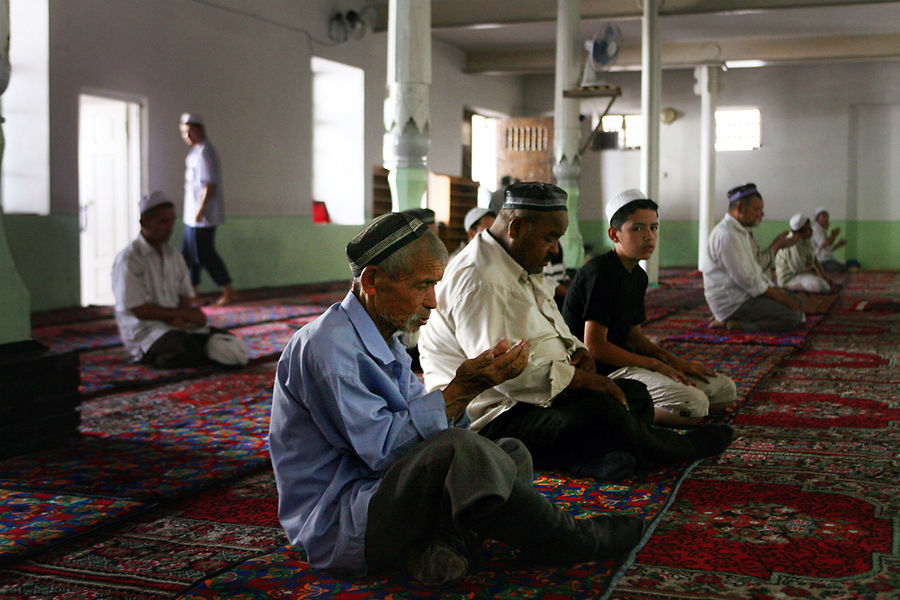AhlulBayt News Agency - For the first time in Uzbekistan’s post-Soviet history, the customary of breaking fast at sundown during the Ramadan period is being banned from mosques and restaurants.
For the first time in Uzbekistan’s post-Soviet history, the customary of breaking fast at sundown during the Ramadan period is being banned from mosques and restaurants.
This week the ban was introduced not by the government itself, however, but by the state-run Spiritual Administration of Muslims of Uzbekistan.
“The ban on performing iftar in cafes, restaurants and mosques is not government policy. We have gone down this road bearing in mind the history of Islam. At the time of the Prophet Muhammad, iftar was organized solely for those who had little or nothing to eat. But now iftar, which had always been a manifestation of the need to care for the needy, has become another display of waste and ostentatious celebration,” Abdul-Aziz Mansur, the deputy head of the Spiritual Administration of Muslims of Uzbekistan said.
Accordingly, the Spiritual Administration of Muslims of Uzbekistan is inviting people to invite small groups of people home instead of gathering in large groups in public places.
“In Mecca people perform iftar because people (pilgrims) do not have their own home there. Our citizens have their own home. They should have iftar at their place, within their family circle,” Mansur said.
This period is typically a considerable money-spinner for cafes and restaurants in the old part of the capital, Tashkent, which would put on special menus to celebrate the daily breaking of the fast.
A former imam from a mosque in the Kashkadarya region suggested in his remarks that this ban ultimately affects mostly big cities, since people in smaller towns and villages do not typically celebrate iftar in restaurants anyhow.
The unspoken logic of the ban is that mass gatherings in public places are to be discouraged as a potential security risk. Concern about enforcing order is high on the agenda in Uzbekistan this summer with upcoming heads of state summit of the Shanghai Cooperation Organization scheduled for later in June.
“This decision (on banning iftar) was probably adopted because concerns over security before the SCO summit,” the former imam said.
The gradual clampdown on iftar has been in motion for a number of years. In 2013, government workers were being instructed to go straight home after work during Ramadan and not consort with anyone.
Since the 1990s, Uzbek President Islam Karimov has assiduously restricted religious expression, including limiting the number of pilgrims headed for Mecca to perform the Hajj, jailing believers on extremism charges, and banning religious literature. Karimov has justified the draconian rules as necessary to defeat terrorism, but rights groups say he’s overreaching and driving the peaceful and pious underground.
/257

